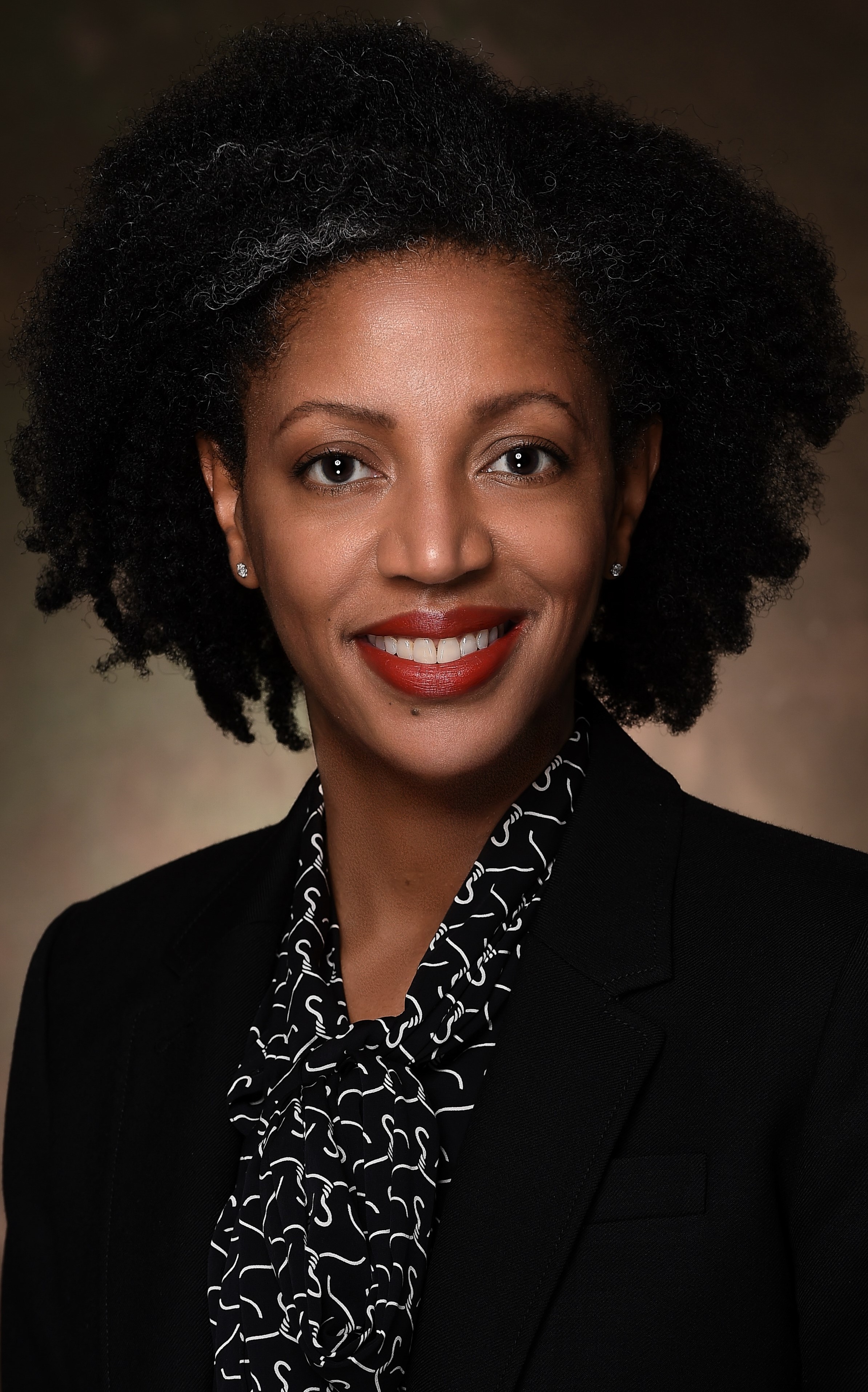E-Poster
African Americans and the African Diaspora
HBCUs Addressing the Behavioral Health Workforce Shortage: An Intersectional Analysis
Friday, October 24, 2025
11:00 AM - 11:30 AM MT
Location: Sheraton Plaza, Concourse Level, Plaza Ballroom - Poster 19

Shena L. Brown, Ph.D., LCSW, MAC, CFCS (she/her/hers)
Assistant Professor
Clark Atlanta UniversityDisclosure information not submitted.
